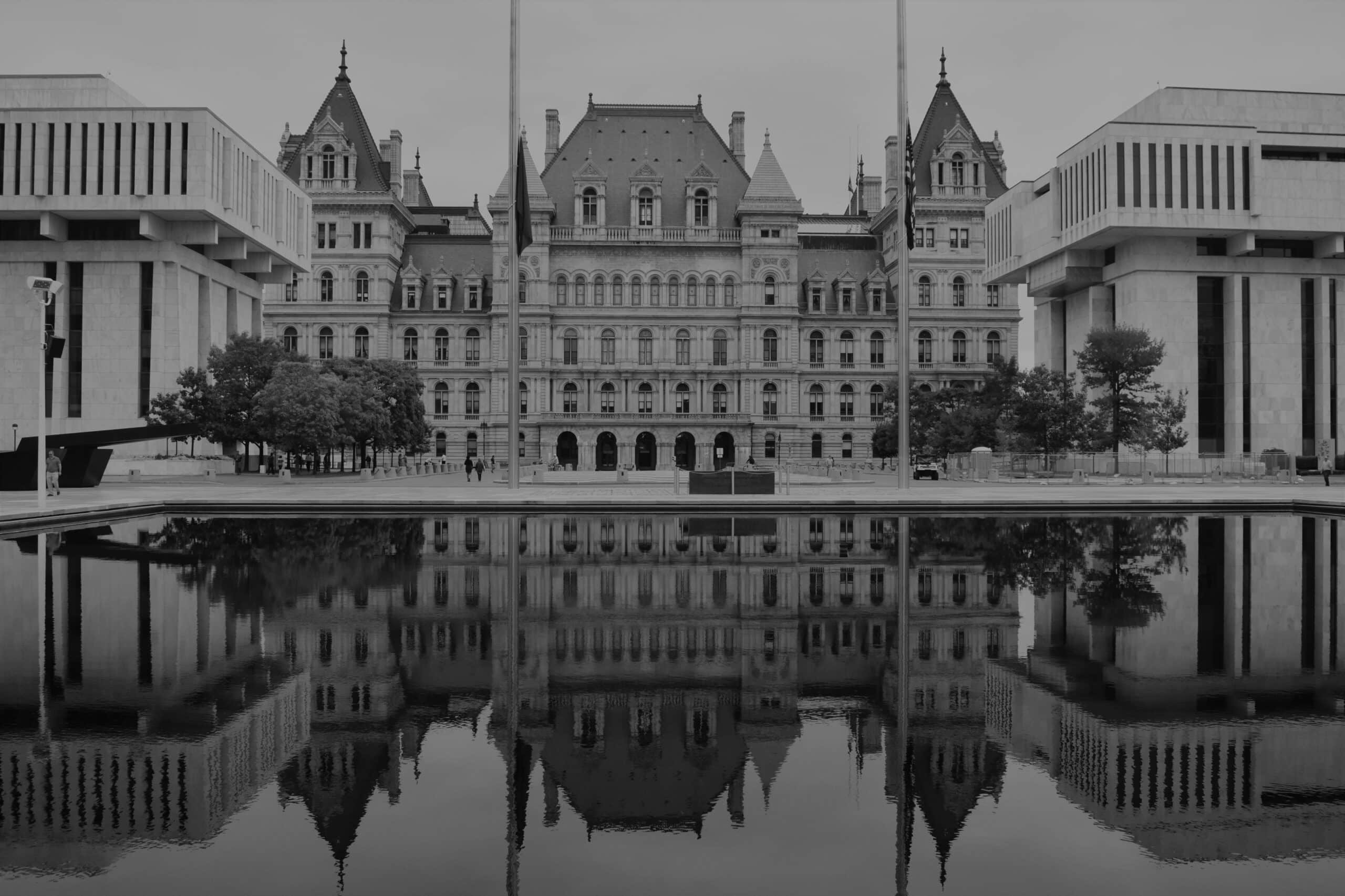What is Chapter 13 Bankruptcy?
Chapter 13 bankruptcy is a type of debt reorganization designed to help individuals, married couples, and unincorporated businesses manage their debts. It offers a way to keep your assets while repaying all or part of your debt over time. With Chapter 13, creditors can’t harass you for payment, and you can catch up on mortgage or car payments, pay taxes, and prevent foreclosure and repossession. It’s a versatile and beneficial option for many people.
The Short Version:
In a Chapter 13 bankruptcy, you can reorganize your debts and keep your assets. The court establishes a repayment plan, which you’ll follow to pay off your debts over time.
See also: Guide to Chapter 7 Bankruptcy
Chapter 13 FAQs
Am I eligible for Chapter 13 bankruptcy?
You’re eligible for Chapter 13 bankruptcy if you’re an individual with a source of income (wages, social security, pension, etc.) or have an unincorporated business. Your total debt must also be below the maximum limit stated in Section 109 of the Bankruptcy Code.
Related: Differences between Chapter 13 and Chapter 7 Bankruptcy
How long does Chapter 13 bankruptcy take?
Chapter 13 plans typically last between 3 and 5 years. The payment amount and duration depend on various factors, which your lawyer can help you understand.
Does Chapter 13 bankruptcy stop foreclosure?
Yes, Chapter 13 bankruptcy can stop foreclosure. If you file for bankruptcy before the foreclosure sale takes place, the automatic stay prevents the sale. You can then use the Chapter 13 plan to resume mortgage payments and repay the past due amount. Chapter 13 also halts real property tax auctions, allowing you to pay back taxes through the plan.
Can a Chapter 13 bankruptcy be denied?
A Chapter 13 bankruptcy may be denied if you cannot present a confirmable plan or if your debt exceeds the limits under the Bankruptcy Code.
What does Chapter 13 do to your credit?
Under the Fair Credit Reporting Act, Chapter 13 bankruptcies can appear on your credit report for up to 10 years.
Can I buy a car while in Chapter 13 bankruptcy?
Yes, you can.
Can I buy a house while in Chapter 13 bankruptcy?
Yes, you can. The timing and conditions for buying a house depend on your purchasing method. If you need a mortgage loan, the lender’s rules will determine your eligibility. Often, debtors in Chapter 13 can qualify for a mortgage loan one year after filing while the reorganization is still active.
Copyright © 2024 Barbaruolo Law Firm
Site by CannaPlanners


